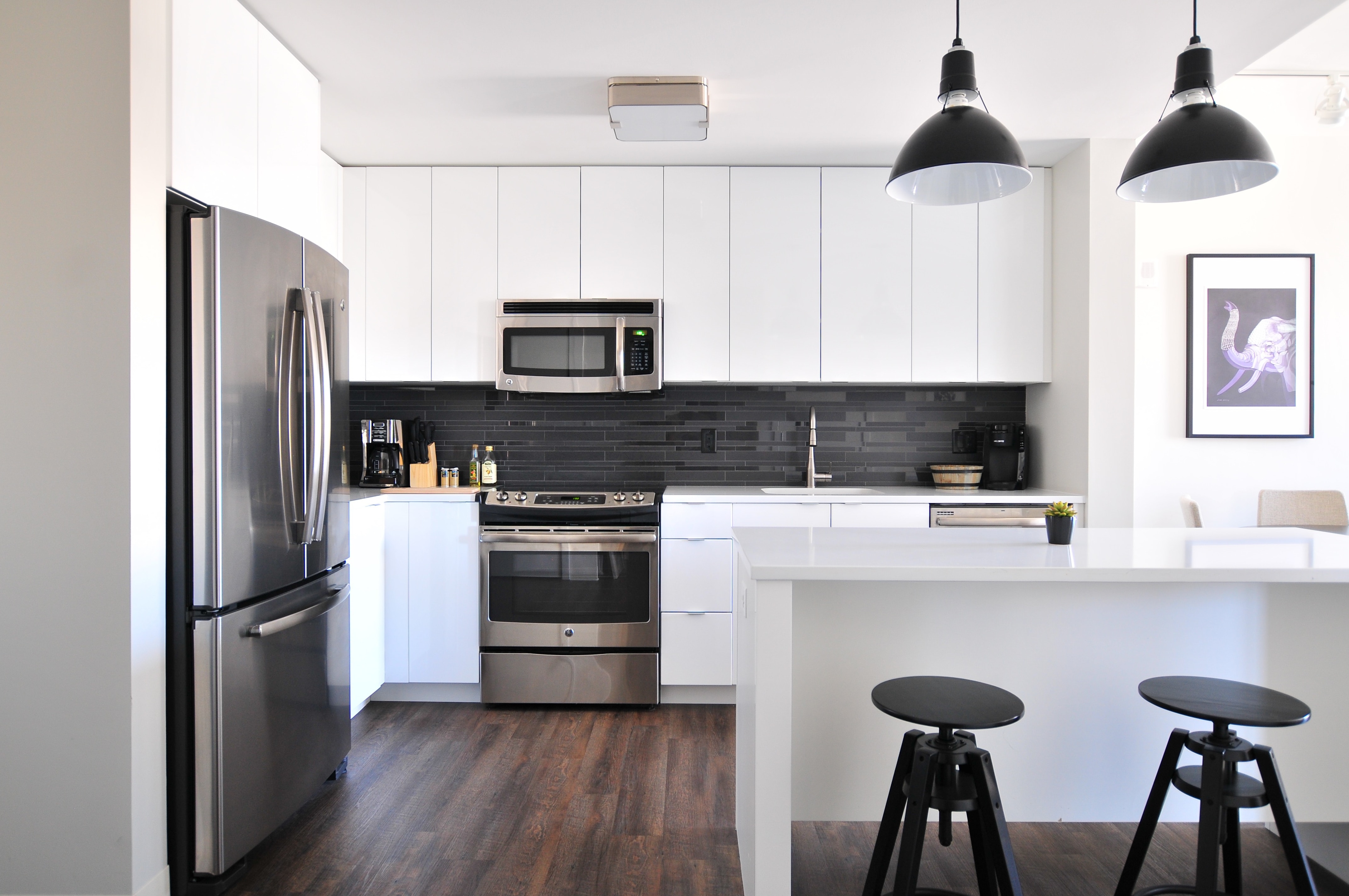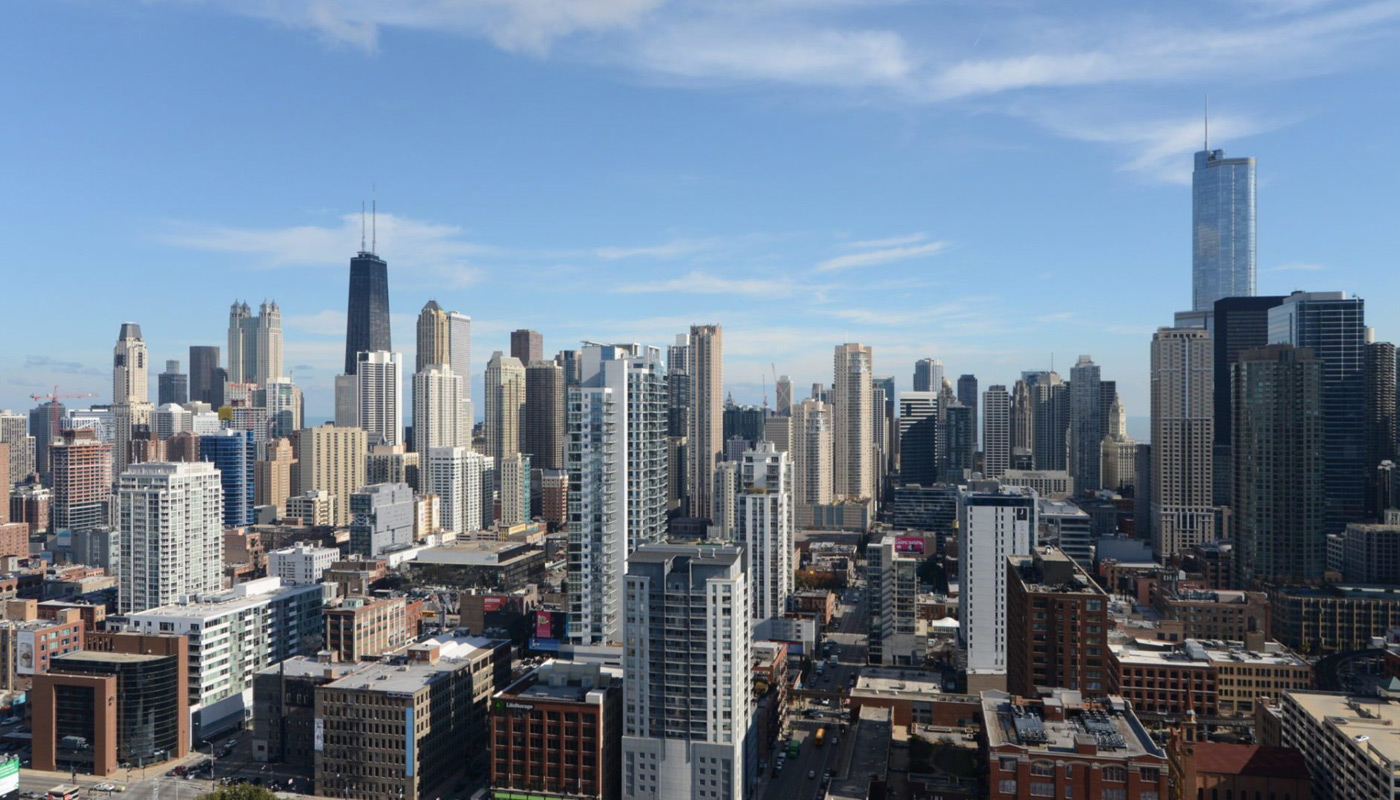Moving into a brand new home is an exciting, but oftentimes extensive endeavor.
To simplify this transition, the Luxury Living team is here to suggest what items to move into your condo.
Overview of Items you Should Take
Deciding what to pack for your big move is nothing like preparing for a short-term trip or vacation. It generally comes with a great deal of pressure.
Before you get too stressed out, try breaking down your packing list by rooms. Figure out which rooms you have in your condo, and then list what necessities you need for each room.
Let’s say you’ve just purchased a fully furnished condo, complete with a kitchen, living room, bathroom, and bedroom. Here’s what a very basic packing list may look like:
- Kitchen:
- Cooking and eating utensils
- Cleaning supplies
- Living Room
- TV
- Games
- Extra storage
- Blankets
- Bathroom
- Toilet paper
- Toiletries
- Towels
- Cleaning supplies
- Bedroom
- Bedding
- Clothes
- Clothing hangers
- Other personal items
During your initial move, try to worry only about the immediate essentials. Once you’ve moved the major items in, it will easy to shop for miscellaneous and smaller items.
Also, there’s always going to be things you skip over or forget, so don’t fret if the list isn’t perfect.
Understanding Furnished vs. Unfurnished
Purchasing a furnished home reduces the list of items needed to move into your condo.
Furnished condos come with the essential stuff that makes a home livable.
Basic furnishings generally include beds, wardrobes, sofas, tables, and chairs. Some luxury condos will come furnished with all the bells and whistles, including king beds, modern appliances, fitness equipment, and exquisite decor.
Fully furnished condos may be desirable for some buyers because they alleviate the stress of having to purchase or move these large, critical home staples.
Keep in mind that furnishings will bump up the cost of the property. However, this price increase may be worth it.
If your condo is unfurnished, this means that all you are purchasing is the property itself. The decorating and finishing falls on the owner.
Some buyers prefer their condo as a blank slate because they like the creative freedom to take the decorating into their own hands. Others prefer this arrangement because they already have suitable furnishings and don’t need to spend extra money on pre-existing furnishings.
Determining if You Need a Mover
Depending on the items you plan to move into your new condo, you may or may not need to hire a professional to help you with the task.
First, assess if you have the capacity and resources to move your items on your own. If you have a car or some people in your life who are willing to help with the move, professionals may not be necessary.
However, if you’re without a vehicle and have large furniture or items needed to be moved, hiring movers may be worth it.
Regardless, you may just find that hiring movers is a worthwhile investment, helping to alleviate the stress, time, and physical labor involved in big moves.
With a better understanding of what items to move into your condo, our hope is that you feel prepared and excited for your big move! Looking for more information? Check out our latest post about moving!








